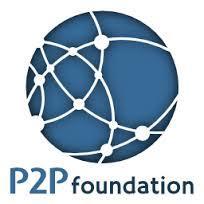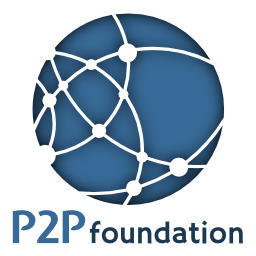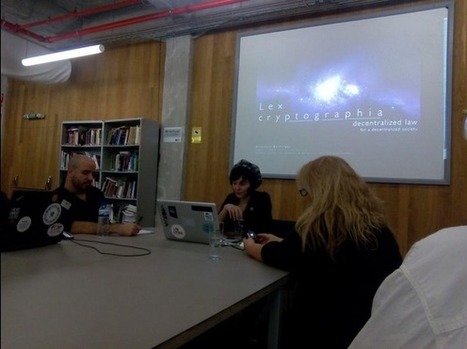In the article, “Rise of the techno-Libertarians: The 5 most socially destructive aspects of Silicon Valley“, RICHARD ESKOW of ALTERNET claims that the “tech industry is morally and ethically bankrupt, and it’s starting to take its toll on ordinary Americans”. He gives five reasons, from which he have excerpted the two first ones: 1. Tech …
Research and publish the best content.
Get Started for FREE
Sign up with Facebook Sign up with X
I don't have a Facebook or a X account
Already have an account: Login
on peer-to-peer dynamics in politics, the economy and organizations
Curated by
jean lievens
 Your new post is loading... Your new post is loading...
|
|



















